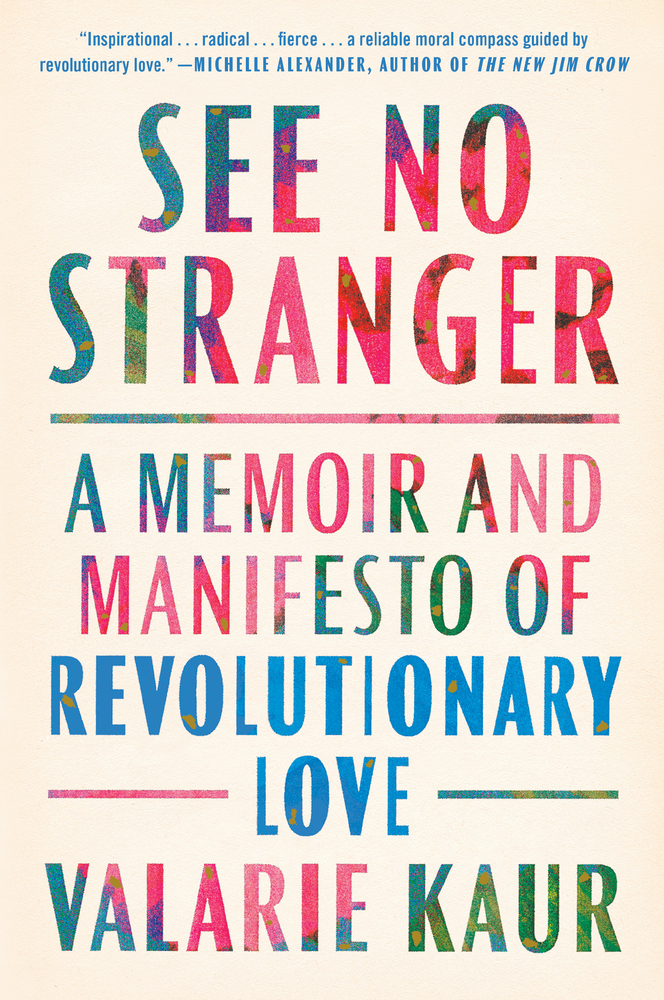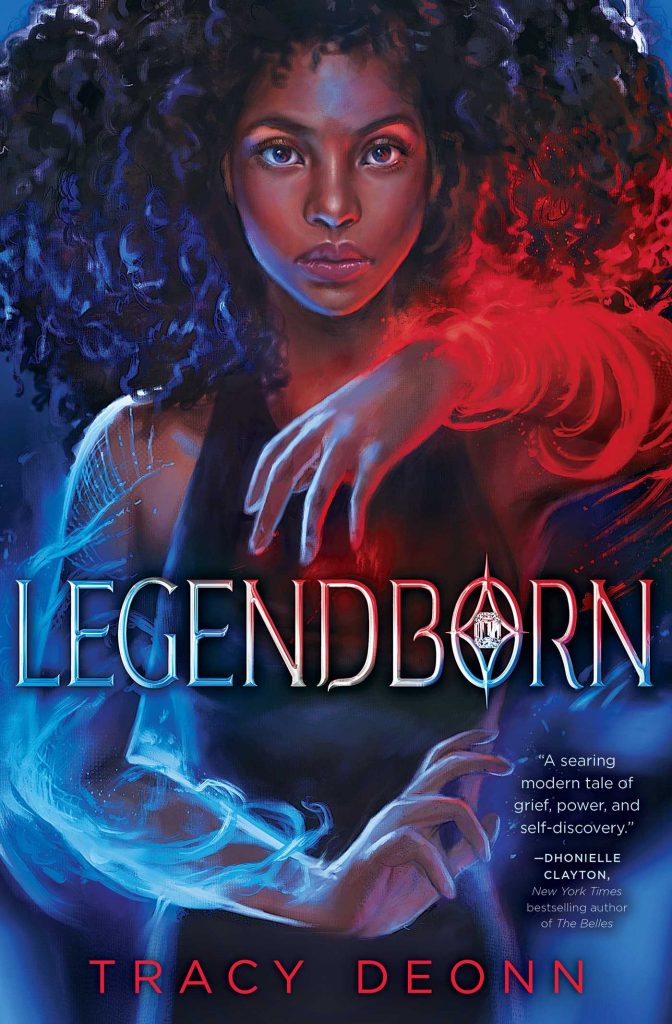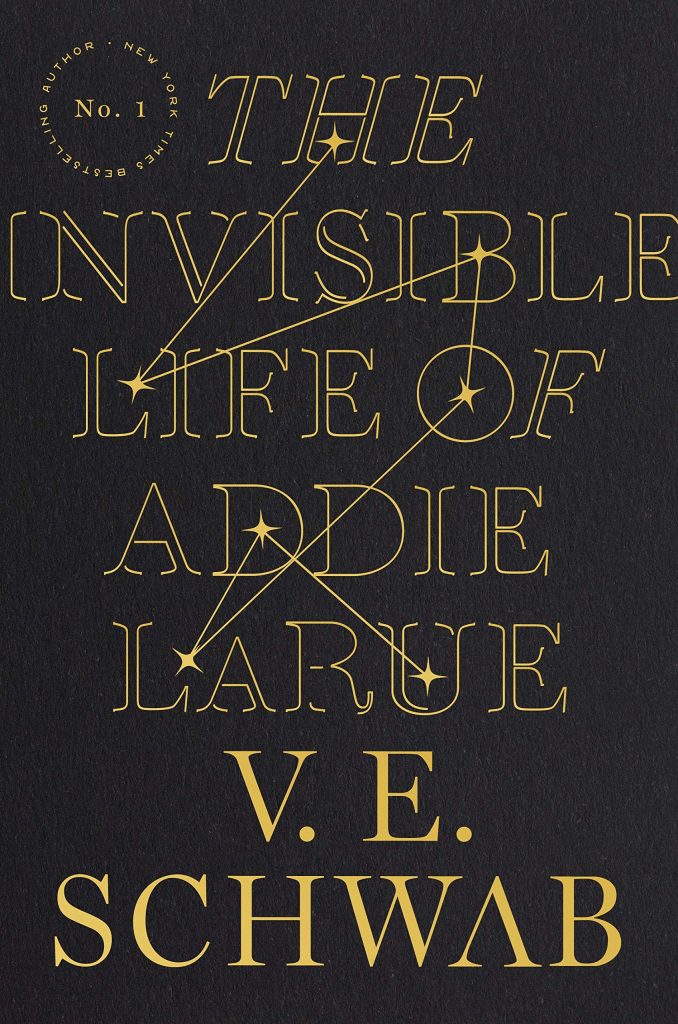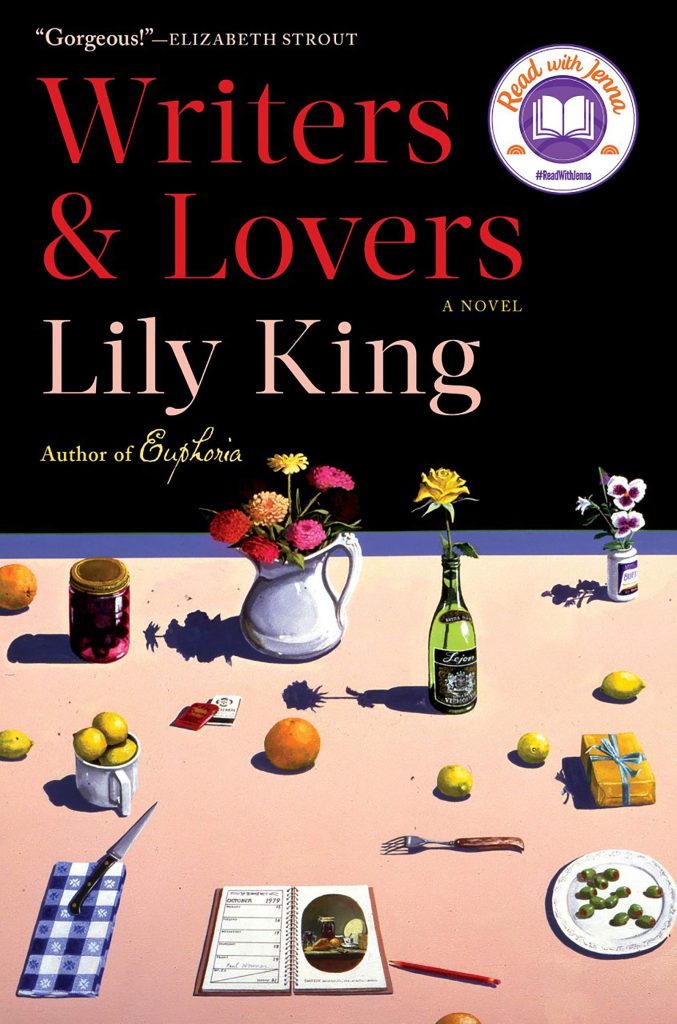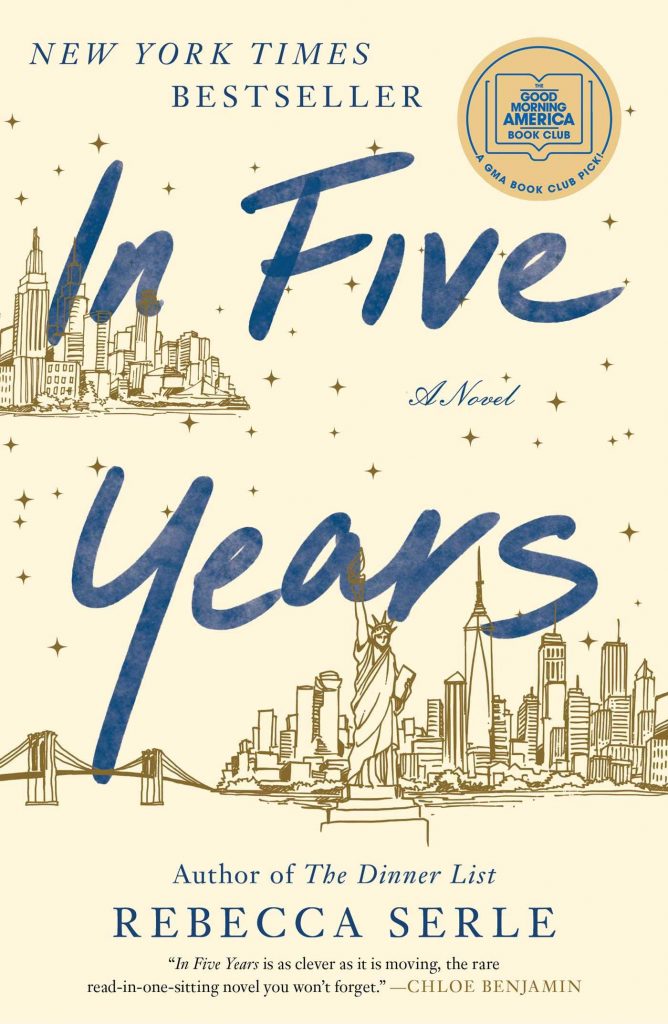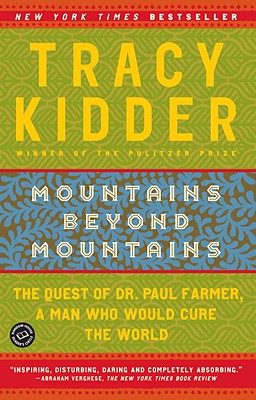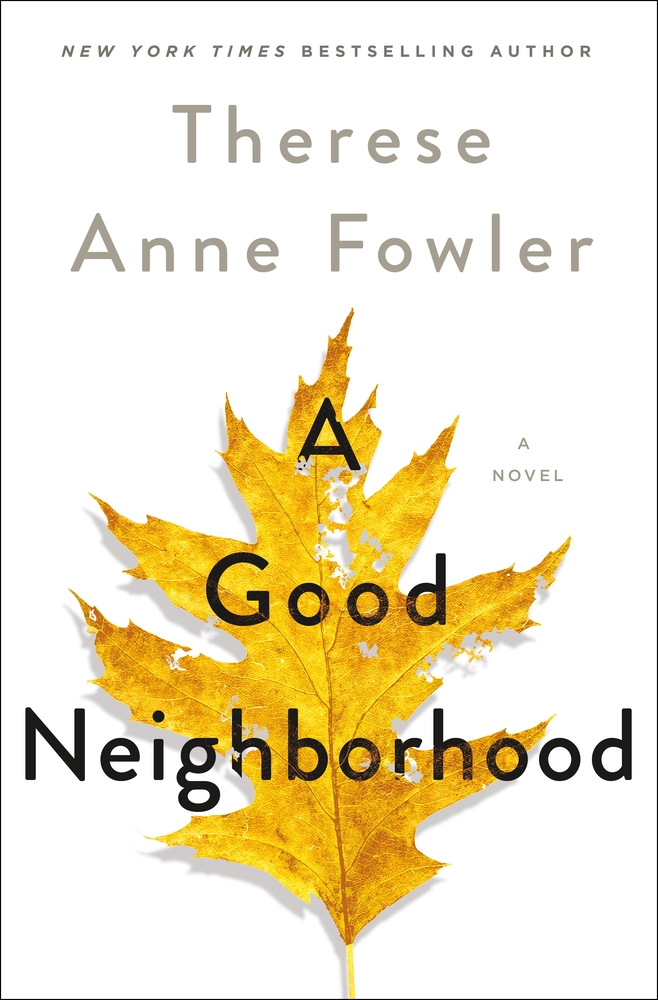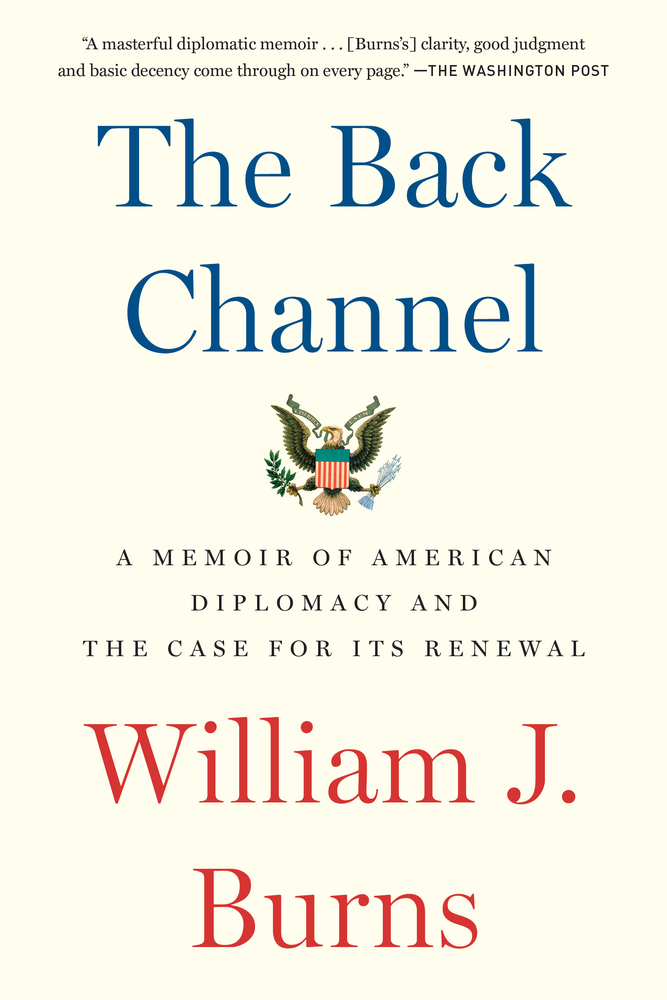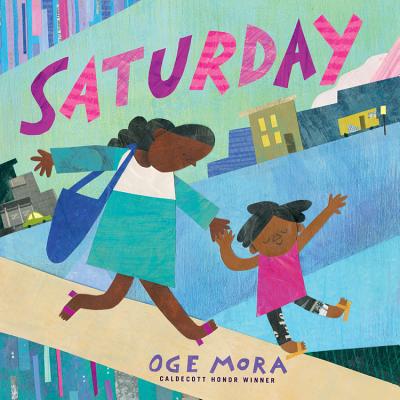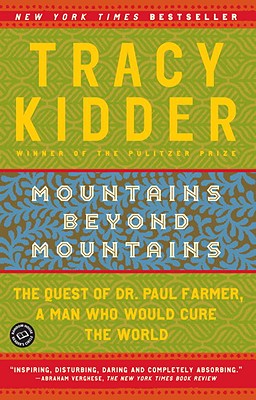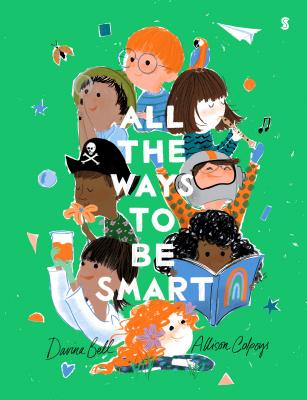See No Stranger: A Memoir and Manifesto of Revolutionary Love by Valarie Kaur
I was on maternity leave in Hong Kong bonding with my newly adopted toddler daughter during the winter of 2016 when I first encountered the work of civil rights activist Valarie Kaur. This period of time, you may recall, was a particularly interesting one to be an American diplomat overseas, as our presidential election results had just shocked the world; it was also an interesting time to find my footing as the single mother of a child of a different ethnicity – and U.S. immigration status – than my own. Prior to this time in my life, I’d fleetingly recognized my own privilege, but now I felt an overwhelming surge of love for someone who would never know some of the privileges I’d been raised to carelessly expect and enjoy. I felt breathless with anxiety for my small family’s future as I clicked on a video clip virally circulating on my Facebook page that winter. In the six-minute clip, Kaur spoke eloquently to a Protestant church’s packed congregation of the challenges faced when raising brown bodies in a country where racism continues to thrive. I felt suddenly renewed with energy as she asked her audience to ponder, “Is this the darkness of the tomb, or of the womb?… What if our America has yet to be born?” Kaur’s central hypothesis was – rather than watching the end of our nation’s history unfold, as so many feared at that unsettling time – perhaps we were living in a transitory period where Americans could utilize the tools of revolutionary love to manifest an America truly capable of providing hope and prosperity for all its inhabitants.
Valarie Kaur’s See No Stranger: A Memoir and Manifesto of Revolutionary Love (416 pp. One World, $28.00) begins with a dedication: “This book is for anyone who feels breathless. Maybe moving through this world, in your body, is enough to make you feel constriction in your chest… Your breathlessness is a sign of your bravery. It means you are awake to what’s happening right now: The World is in transition.” She goes on to describe her philosophy of Revolutionary Love as “the choice to enter into wonder and labor for others, for opponents, and for ourselves in order to transform the world around us. It is not a formal code or prescription but an orientation to life that is personal and political and rooted in joy. Loving only ourselves is escapism; loving only our opponents is self-loathing; loving only others is ineffective. All three practices together make love revolutionary, and revolutionary love can only be practiced in community.” See No Stranger is, on its face, a memoir, describing Kaur’s background steeped in the Sikh faith on her family’s farm in California.
Her world, along with so many others’, was rocked on September 11th, 2001, and she found a path towards healing through her study of U.S. constitutional law and her work with Guantanamo Bay detainees. But it is her descriptions of motherhood and its impact on her worldview that resonate most deeply with me. While describing her pregnancies, she raises infinitely larger questions regarding our society’s founding principles. “If we see the story of America as one long labor, then we have… a series of expansions and contractions, and each turn through the cycle brings us closer to what is being born… Transition is the most painful and dangerous stage, but it’s also where we begin to see what comes into the space we open up.” I cannot recommend this book enough for those struggling to find their voice and role in confronting both the challenges and opportunities facing our country in this moment. One of the great joys of my summer has been helping folks find the right book to begin their antiracism work. I hope this title speaks to you and other members of your family, and that after reading it, you strive to work to strengthen our community in any positive direction you are capable of as we move towards a brighter future for all our neighbors.
Featured Staff Picks
We're always rotating out our favorites each month. This month you'll find a diverse selection of titles.

